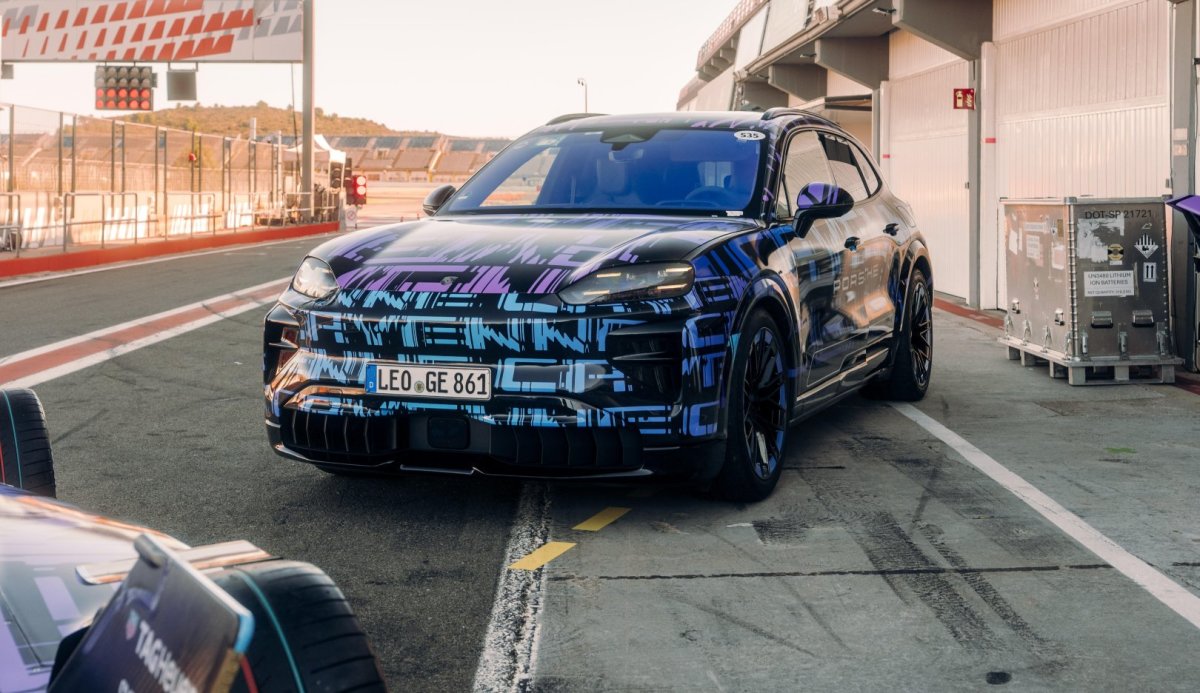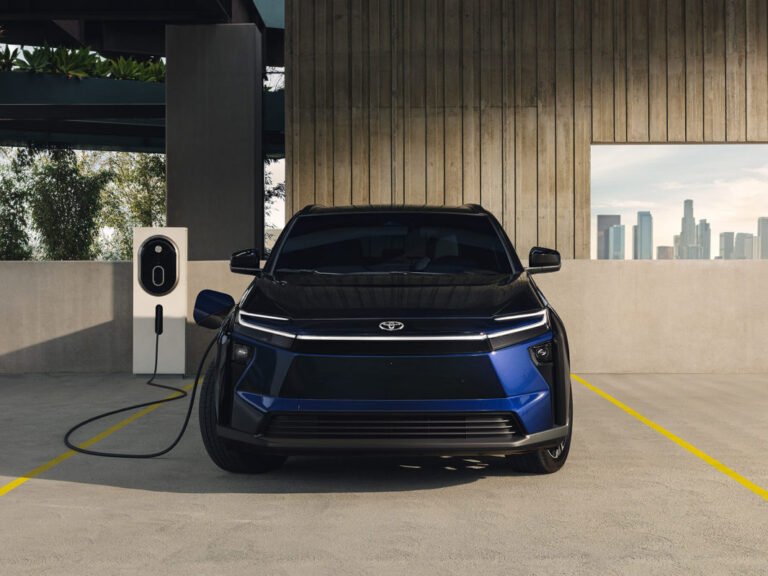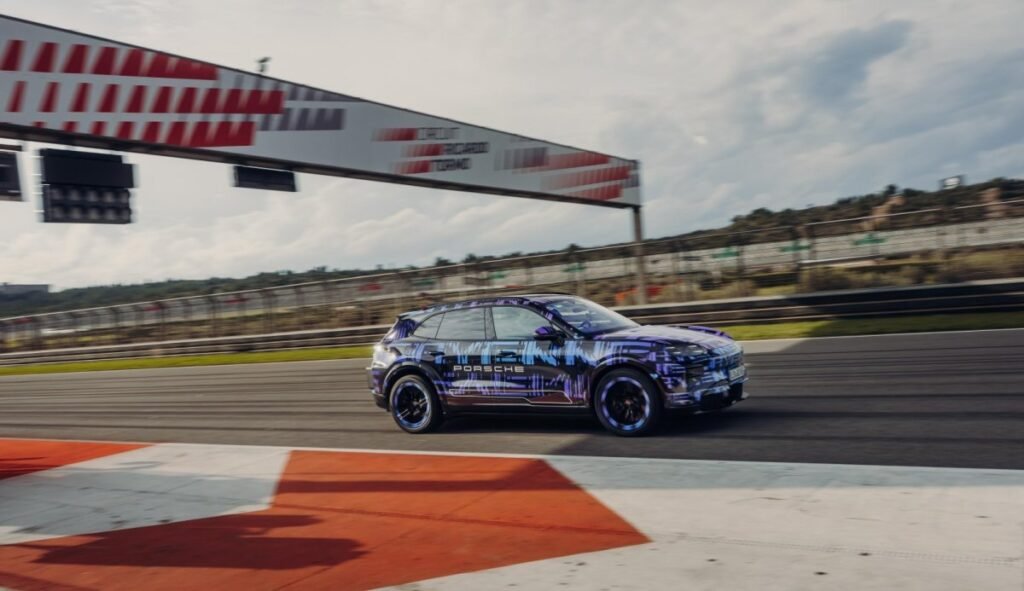
Racing Lessons on the Road
Porsche had a phenomenal 2024–2025 Formula E season, which ended with the Stuttgart brand clinching both the Teams’ and Manufacturers’ championships. As with other automakers, motorsport remains a proving ground for technologies that later appear in road cars.
It’s no surprise, then, that the upcoming Cayenne Electric borrows directly from the Porsche 99X Electric, the car that secured those titles. What starts as race tech in the paddock often finds its way into the showroom, and in this case, Porsche has turned Formula E’s efficiency lessons into real-world performance and usability for its upcoming fully electric SUV.
Porsche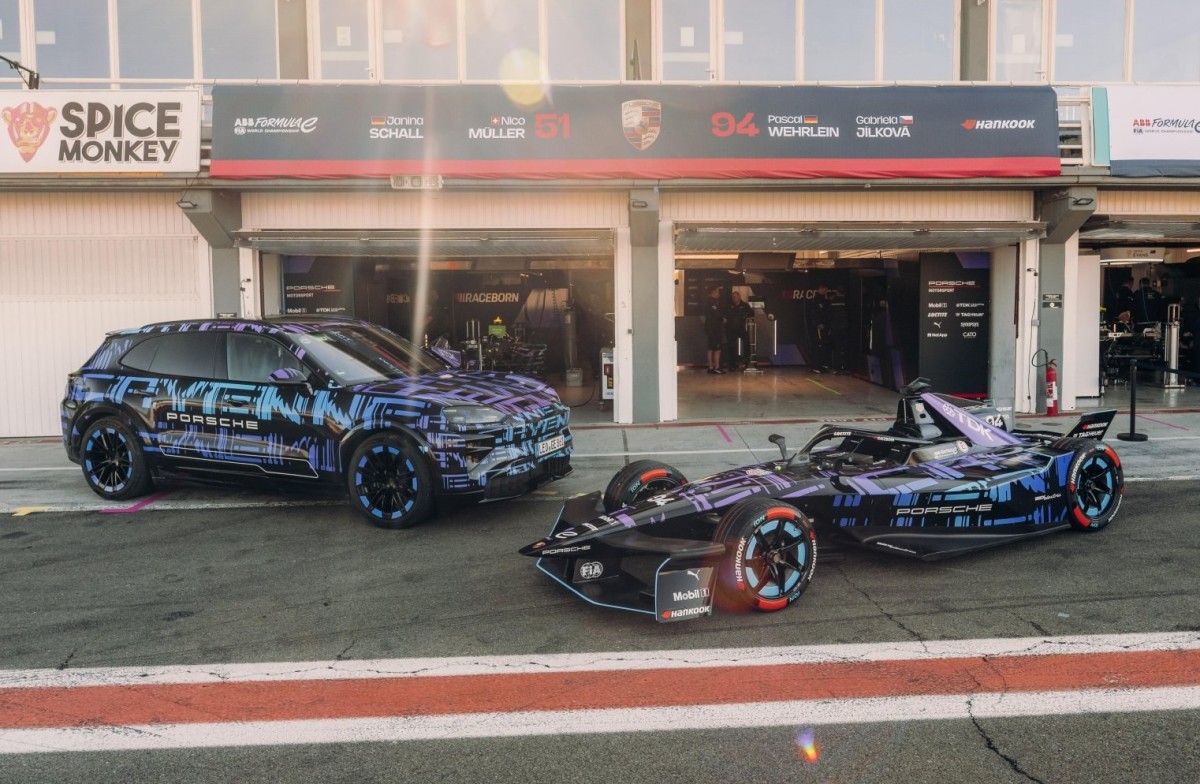
From 99X to Cayenne: Tech Transfer in Motion
At the heart of the Cayenne Electric lies an array of ideas tested in the highly competitive environments of Formula E. The SUV’s direct oil-cooled electric motor comes straight from the racetrack, where the same method helps Porsche’s single-seater maintain peak output under stress. This approach circulates a special fluid through the motor’s copper windings, dissipating heat right at the source. The result is up to 98 percent efficiency without a bulky cooling system.
Equally important is energy recuperation, which allows the Cayenne to reclaim up to 600 kW during braking – matching the race car’s peak figure. In daily driving, around 97 percent of braking is handled electrically, while friction brakes step in only at hard stops. Add to that 400 kW DC fast-charging, with 10-80 percent achieved in under 16 minutes, and it’s clear how Porsche’s race-day charging philosophy shaped its production EV strategy.
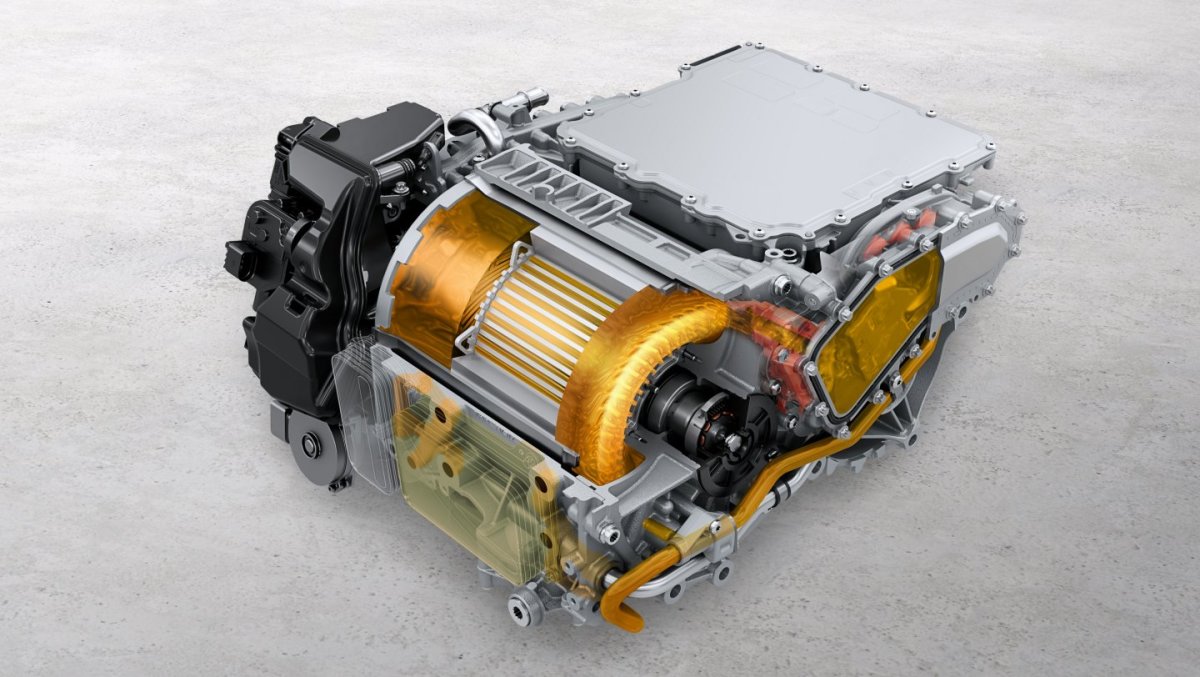
Battery Tech Beyond the Track
Apart from motorsport-derived systems, Porsche also focused on the Cayenne Electric’s battery architecture. The pack uses silicon-enhanced anodes and advanced cell packaging to increase energy density and reduce weight – the latter is integral in terms of driving dynamics. Plus, there’s wireless charging, too, which puts Porsche at the forefront of advanced EV technology.
Thermal management also allows stable fast-charging from as low as 59°F, ensuring consistent performance in various conditions. The result is a battery capable of adding over 186 miles of range in ten minutes under ideal conditions. With Porsche’s Formula E learnings and its own R&D combined, its most technically complete EV is something to watch out for.
Porsche is expected to launch the Cayenne Electric toward the end of the year.
